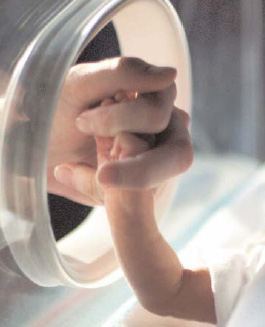I spent the five happiest years of my life in a morgue. As a forensic scientist in the Cleveland coroner’s office I analyzed gunshot residue on hands and clothing, hairs, fibers, paint, glass, DNA, blood and many other forms of trace evidence, as well as crime scenes. Now I'm a certified latent print examiner and CSI for a police department in Florida. I also write a series of forensic suspense novels, turning the day job into fiction. My books have been translated into six languages.
I'm afraid I don't have any idea. I've never met one, only forensic anthropologists. At the coroner's office our forensic anthropologist was a professor at Kent State and would come up and give a report on our skeletal remains when requested.
I have not, but I would love to.
Use 2 clean cotton swabs--try using just the swabs first, and if the drops just flake off, then you can moisten the swab with (preferably sterile) water. Or do it first thing in the morning when the window is damp with dew. Put the swabs in a clean envelope or small box, something NOT air tight.
How many shots and do they exit the body?
Programmer
 What lessons can you share about past and present start-ups you've worked with?
What lessons can you share about past and present start-ups you've worked with?
Nurse Practitioner
 Could a nurse practitioner do the job of a primary care physician?
Could a nurse practitioner do the job of a primary care physician?
Nail Technician
 How sanitary are the pedicure basins really?
How sanitary are the pedicure basins really?
Repeat, see above.
I am so sorry for your loss. I'm afraid I have no idea how long it would take to dismember a body. That would probably depend upon the extent of the dismemberment and the tools used.
How long it takes to get DNA results depends entirely on where you are sending them and how backed up they are. Our state lab used to take at least 6 months, but things have improved and now it is only a few months. However if we have a homicide that really needs quicker answers, sometimes they can do that. If the police department or state attorney's office are willing to pay (probably at least a grand. sometimes per sample) the samples can be sent to a private lab that can get results in as little as three days. It's expensive, but it also has to be a lab that is accredited and that the agencies trust. You can't assume anything from a long wait other than that the lab is backed up. They might have an overwhelming amount of cases, they might not have enough manpower, or they might not be efficiently run. It's impossible to guess.
-OR-
 Login with Facebook
Login with Facebook (max 20 characters - letters, numbers, and underscores only. Note that your username is private, and you have the option to choose an alias when asking questions or hosting a Q&A.)
(A valid e-mail address is required. Your e-mail will not be shared with anyone.)
(min 5 characters)
By checking this box, you acknowledge that you have read and agree to Jobstr.com’s Terms and Privacy Policy.
-OR-
 Register with Facebook
Register with Facebook(Don't worry: you'll be able to choose an alias when asking questions or hosting a Q&A.)